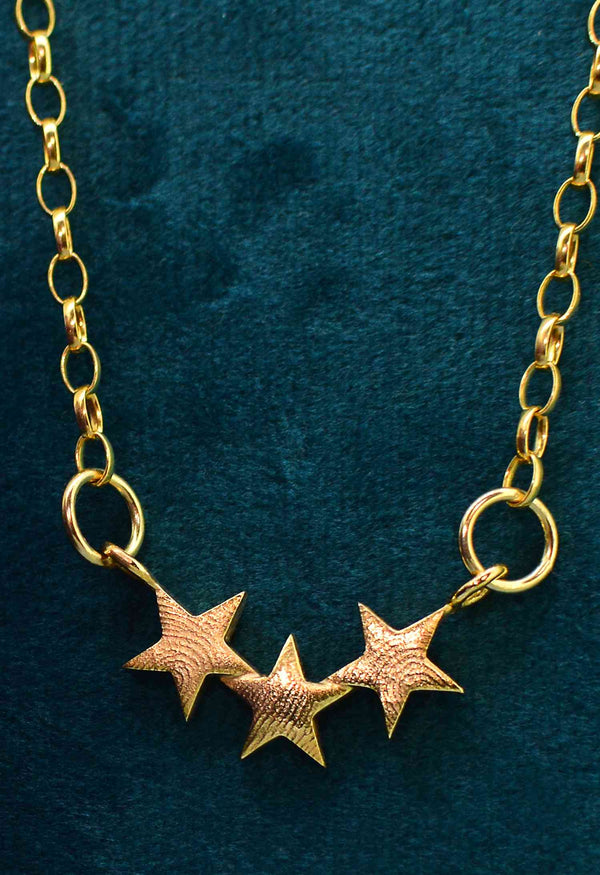Your Cart is Empty
~ Waiting List in Operation ~ Please Ask Before Ordering ~
~ Personalised jewellery to treasure forever ~
~ Waiting List in Operation ~ Please Ask Before Ordering ~
~ Personalised jewellery to treasure forever ~

Top English Christmas Traditions
December 08, 2018 4 min read
For me, as far as sheer magic is concerned, Christmas beats every other holiday hands down, even if the weather in December is pretty lousy.
There is not one ounce of bar humbug anywhere near our house.
The decorations go up on December the 1st and are left up until the absolute last second on January 5th.
Despite the inevitable chaos in the weeks before and the pressure to make everything perfect, there’s something extra special about the one time of the year when far flung family members make that extra effort to get together and be nice.
That moment when the children realise that the Elf on the Shelf has mysteriously disappeared and they spot Homeprides finest self-raising santa footprints on the floor.
Don’t get me wrong, I’m the one panicking in the queue at Argos for the last second gift I completely forgot.
I’m also the one still wrapping gifts at midnight on Christmas Eve after having convinced myself that this year I had it sorted, but by the following morning, the shrieks of “he’s been”, make the whole stressful thing 100% worth it.
Christmas in our house doesn’t really vary much from how I remember it as a child.
Children clamouring outside the closed living room door, desperately waiting for Dad to have his shave and brush his teeth so the door can be opened (procrastinating at this point helps with the overall sense of excitement).
Next, waiting for the camera to be ready, the excitement reaching fever pitch, until finally, the living room door is flung open for the great reveal.
Most families have traditions in some form or another, even if they don’t really consider them traditions. Sometimes the things we do year in, year out become traditions by default even if they weren’t designed that way.
There are however, traditions carried out by millions of people, in countries all over the world, that actually started right here in England hundreds of years ago.
Here’s just a few of the most popular traditions and their origins.
Christmas cards
The world’s first Christmas cards were produced in England in 1843, to encourage the public to use the services of the new Public Records Office, which was the forerunner of the Post Office. Designed by artist John Callcott Horsley, the cards depicted a wealthy family dining together, and with a price tag of one shilling per card (over £5 in today’s money), they were out of the range of most people.
As printing technology advanced, Christmas cards became more affordable, and by the 1860s they were being sent and received by most families in England, with their popularity spreading throughout the world.
Christmas pudding
Christmas pudding, sometimes known as plum pudding or figgy pudding, has its origins in 14th century England. In those days, however, it took the form of a porridge known as “frumenty”, which in addition to the dried fruit we use today, also contained other ingredients including mutton and beef!
Thankfully, these extra flavours were later abandoned, and the recipe evolved into the modern Christmas pudding. It has been a staple on our Christmas tables since King George I gave it the royal seal of approval in 1714. The Christmas pudding is traditionally made on “stir-up Sunday” a week before Advent, and the holly on top of the pudding is thought to bring good luck and protection.
Carol singing
Songs in praise of nature, known as carols, were sung in England as far back as Pagan times, and the tradition of marking the midwinter season with song continued into the Christian era. However, the custom of singing carols outside people’s homes only began in Victorian England, when the singing of seasonal songs became entwined with the custom of visiting your neighbours at Christmas time to wish them health and happiness.
Christmas crackers
It simply wouldn’t be Christmas without crackers; the dreadful jokes and paper crowns are an institution around the Christmas dinner table. But crackers are a thoroughly English invention, devised in 1848 by the confectioner Tom Smith, who was inspired by the way French bonbons were wrapped in twists of coloured paper.
Smith found a way of packaging his own confectionary so that the paper twists could be pulled apart, making a snapping sound, with the winner of the larger share gaining the treat inside. These Christmas novelties quickly gained in popularity, but the hats and toys were not added until years later, when Smith’s sons took over the business.
Mince pies
Mince pies were devised in England during the 13th century, when soldiers returned from the Crusades bringing with them exotic spices such as cinnamon and nutmeg. The resulting pies contained dried fruit as they do today, but also featured minced beef, making for an unusual taste.
After a long ban under Puritan rule, when anything to do with Christmas was thought of as unholy, the mince pie returned in the smaller form we know today. The minced beef was removed from the recipe by the 19th century, and the modern mince pie was born.
Kissing under the mistletoe
Mistletoe has been hung in English homes at Christmas since Anglo-Saxon times, but the tradition of kissing beneath it is thought to have begun in the 16th century. The origins of the custom are largely unknown, but mistletoe has always been associated with fertility.
Kissing under the mistletoe became particularly popular with servants in the 18th century, and was quickly adopted “upstairs” by the ladies and gentlemen they served. If a man was refused a kiss, it was thought to be a symbol of bad luck.
Boxing Day
Boxing Day is another thoroughly English tradition, and one that is much envied in other countries, as it extends the Christmas holiday period, with December 26th always designated as a public holiday for most English workers.
Boxing Day is thought to have its origins in Victorian times, when aristocratic families would give boxes of presents to their servants the day after Christmas. Some servants were given the day off to visit their families, as they would have been expected to spend Christmas Day attending the wealthy families they served.
Today, Boxing Day is an extra holiday for many of us, and the day when the high street stores traditionally start their post-Christmas sales. Will you face the crowds and grab a bargain?
Leave a comment
Comments will be approved before showing up.
Subscribe
Sign up to get the latest on sales, new releases and more …

Join the Club
WE'RE SO PLEASED TO SEE YOU!
Stay a while and look around.
While you're here, why not subscribe to our newsletter?We'll give you £20 off your first order, VIP access to new products, and access to our very special sample sales.We promise not to annoy you (honest).
